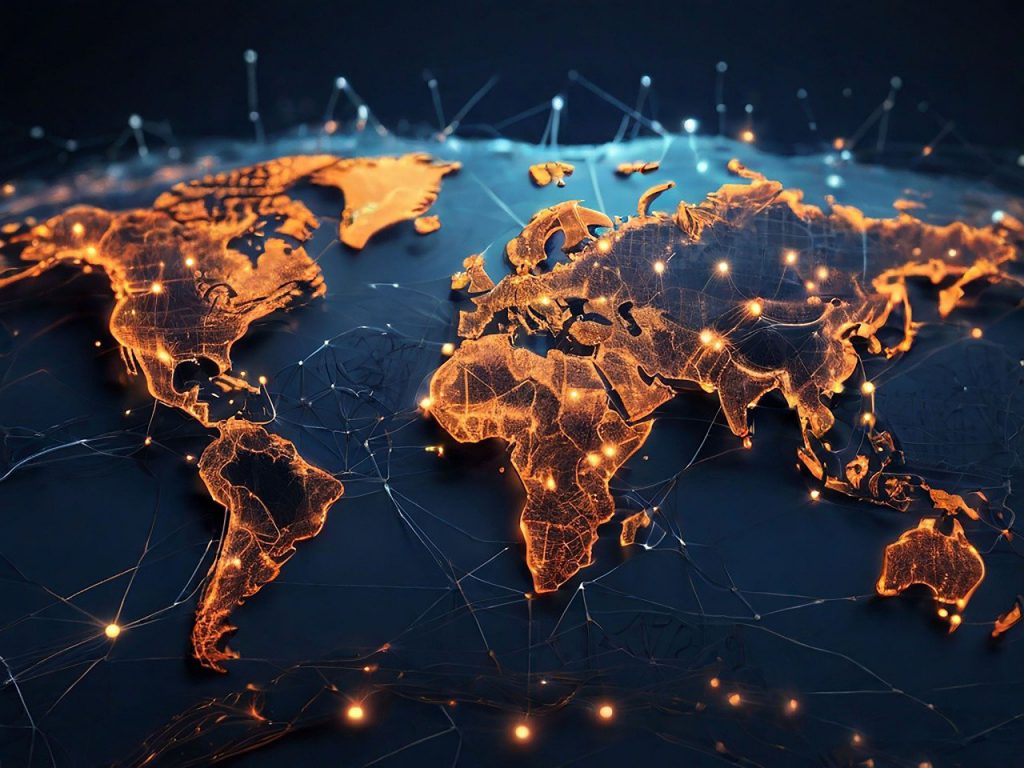
The Rise of Bleisure Travel in The Modern Globalized World
Bleisure travel, a blend of business and leisure travel, began to gain popularity in the early 2000s. As globalization increased and companies began to adopt more flexible work policies, business travelers started to extend their trips for leisure purposes.
The rise of technology, particularly smartphones and travel apps, made it easier for business travelers to explore destinations outside of work commitments. By the late 2010s, bleisure travel became more mainstream, fueled by a growing emphasis on work-life balance and the desire for experiences that combine both professional and personal enrichment.
In the modern competitive world, bleisure travel holds significant importance as it allows companies to attract and retain talent by promoting a healthier work-life balance. It can also enhance employee satisfaction and productivity, as well as contribute to the tourism industry in host destinations, making it a mutually beneficial trend.
Bleisure travel’s significance can be understood through its connection to globalization and the evolving concept of work-life balance, both of which have profound implications in today’s professional landscape.
Connection of Globalization With Bleisure Travel
- Increased Mobility: Globalization has led to greater mobility of individuals and businesses across borders. As companies expand into new markets, employees frequently travel for work, creating opportunities for combining business trips with leisure activities. This trend has enabled workers to explore new cultures and environments, enriching their personal and professional lives.
- Economic Impact: Bleisure travelers contribute to local economies by spending on hotels, dining, entertainment, and attractions. This economic infusion helps sustain the tourism industry in various destinations, creating jobs and supporting local businesses, which is particularly significant for economies reliant on tourism.
Bleisure Travel & Work-Life Balance
- Employee Well-Being: As organizations increasingly recognize the importance of employee well-being, bleisure travel aligns with initiatives aimed at reducing burnout and stress. Allowing employees to take leisure time after work commitments promotes mental health, leading to a more engaged and productive workforce.
- Flexible Work Policies: The rise of remote work and flexible schedules, accelerated by the COVID-19 pandemic, has changed how employees view their work commitments. Bleisure travel enables workers to blend their professional responsibilities with personal exploration, facilitating a healthier separation between work and personal life.
- Attracting Talent: In a competitive job market, offering options for bleisure travel can be a key differentiator for companies seeking to attract and retain talent. Job seekers are increasingly looking for employers who support work-life balance and offer opportunities for personal growth and travel experiences.
- Enhanced Creativity and Productivity: Exposure to new environments and cultures can boost creativity and innovation. Employees who engage in bleisure travel often return with fresh perspectives and ideas, benefiting their organizations.
In summary, bleisure travel plays a significant role in the context of globalization and work-life balance by promoting cultural exchange, contributing to local economies, enhancing employee well-being, and fostering creativity. As businesses continue to navigate a competitive landscape, recognizing the value of bleisure travel can be essential for supporting their workforce and capitalizing on the benefits of a globalized economy.
